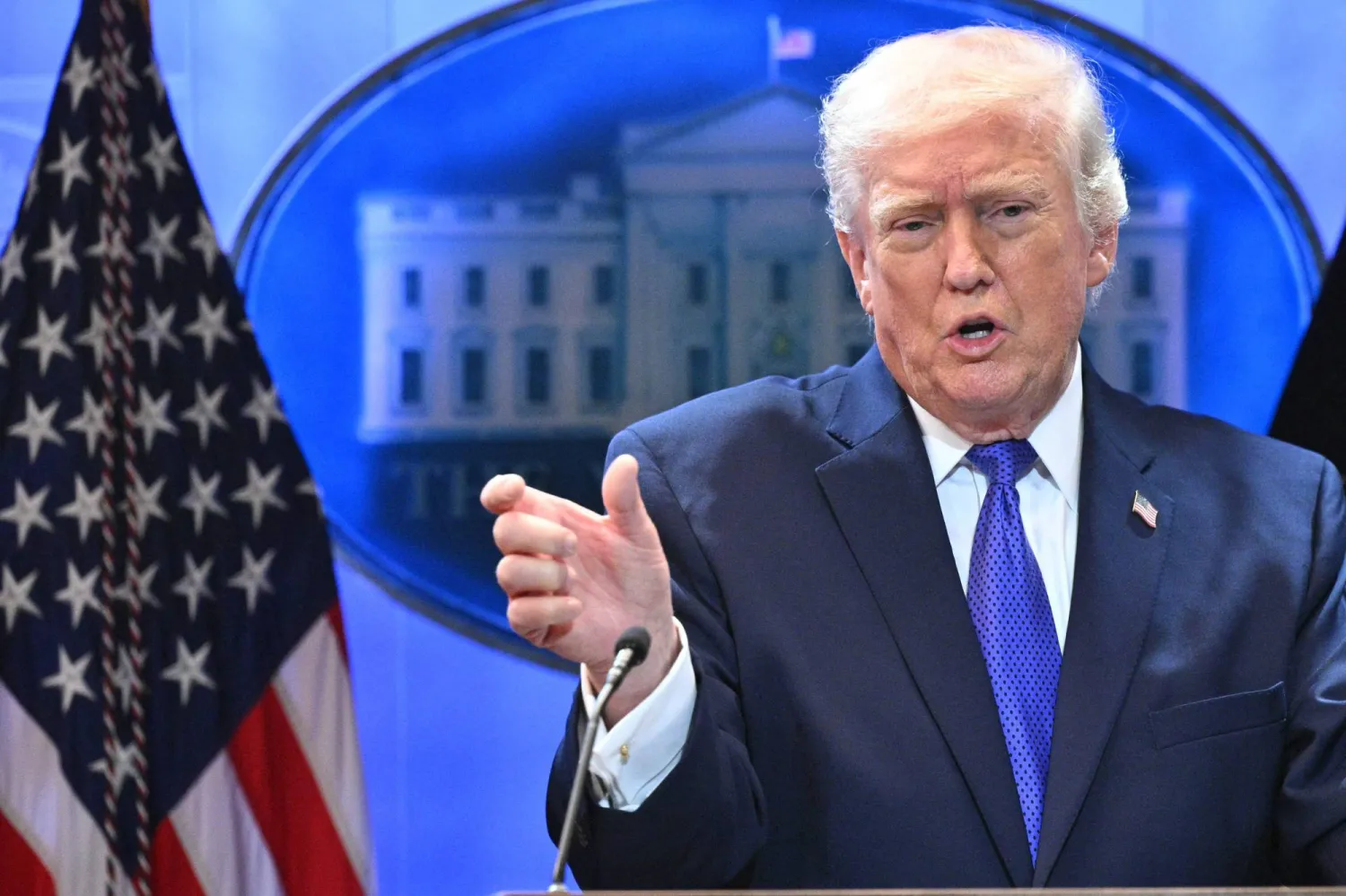China's military held long-range live-fire drills in the East China Sea on Wednesday in an escalation of ongoing drills around Taiwan, saying it was practicing precision strikes on port and energy facilities but with no details on the exact location.
The exercises follow a rise in Chinese rhetoric against Taiwan President Lai Ching-te, who China called a "parasite" on Tuesday, and come on the heels of US Defense Secretary Pete Hegseth's Asia visit, during which he repeatedly criticized Beijing.
China, which views democratically governed Taiwan as its own territory, has repeatedly denounced Lai as a "separatist". Lai, who won election and took office last year, rejects Beijing's sovereignty claims and says only Taiwan's people can decide their future.
China's Eastern Theater Command said that on Wednesday as part of the Strait Thunder-2025A exercise its ground forces had conducted long-range live-fire drills into the waters of the East China Sea, though it did not give an exact location.
"The drills involve precision strikes on simulated targets of key ports and energy facilities, and have achieved desired effects," it said, without elaborating.
Taiwan's benchmark stock index briefly slipped into the red after the announcement, before recovering its losses.
China's Maritime Safety Administration announced late Tuesday a closed zone for shipping due to military drills until Thursday night in an area off the north part of the eastern province of Zhejiang, more than 500 km (310 miles) from Taiwan.
A senior Taiwan defense official told Reuters that was outside Taiwan's "response zone".
China's military published a video it said was of the live fire drills that showed rockets, rather than ballistic missiles, being launched and hitting targets on land, and an animation of explosions over Taiwanese cities including Tainan, Hualien and Taichung, all home to military bases and ports.
The words "Control energy corridors, disrupt supply routes, block clandestine routes to docks" then appear on the screen.
Taiwan has denounced China for holding the drills.
A senior Taiwan security official told Reuters there were more than 10 Chinese warships in Taiwan's "response zone" on Wednesday morning, and that China's coast guard was participating with "harassment" drills.
Taiwan's defense ministry, detailing China's movements over the past 24 hours on Wednesday morning, said 76 aircraft and 15 warships were involved.
China's recent pressure against Taiwan also included a call last week for people to email reports about separatist activity.
Chiu Chui-cheng, head of Taiwan's China-policy making Mainland Affairs Council minister, said that given the rising risk of visiting China, people should carefully consider whether they need to go, including to Hong Kong and Macau.
WAR GAMES
China had not formally named Tuesday's drills. China called two rounds of major war games last year around the island Joint Sword-2024A and Joint Sword-2024B.
China's widely read Global Times, published by the ruling Communist Party's official People's Daily, said advanced equipment had been used, pointing to pictures from the military showing YJ-21 air-launched ballistic missiles slung under H-6K bombers.
The H-6K is an extended-range strike aircraft, while the YJ-21 is an advanced anti-ship weapon. H-6 aircraft, some of which are capable of carrying nuclear weapons, have been involved in past drills around Taiwan, and also spotted over the disputed South China Sea.
Previous Chinese war games have also practiced precision strikes and blockading the island.
Taiwan has not reported any travel disruptions because of the drills. Taiwan's state refiner, CPC Corp, told Reuters that liquefied natural gas imports had been unaffected.
The United States, Taiwan's most important international backer and main arms supplier despite the lack of formal diplomatic ties, condemned the exercises.
"Once again, China's aggressive military activities and rhetoric toward Taiwan only serve to exacerbate tensions and put the region's security and the world's prosperity at risk," the US State Department said in a statement.
Japan and the European Union also expressed concern.
"The EU has a direct interest in the preservation of the status quo in the Taiwan Strait. We oppose any unilateral actions that change the status quo by force or coercion," an EU spokesperson said.
Taiwan has lived under the threat of Chinese invasion since 1949 when the defeated Republic of China government fled to the island after losing a civil war with Mao Zedong's communists, though the two sides have not exchanged fire in anger for decades.









